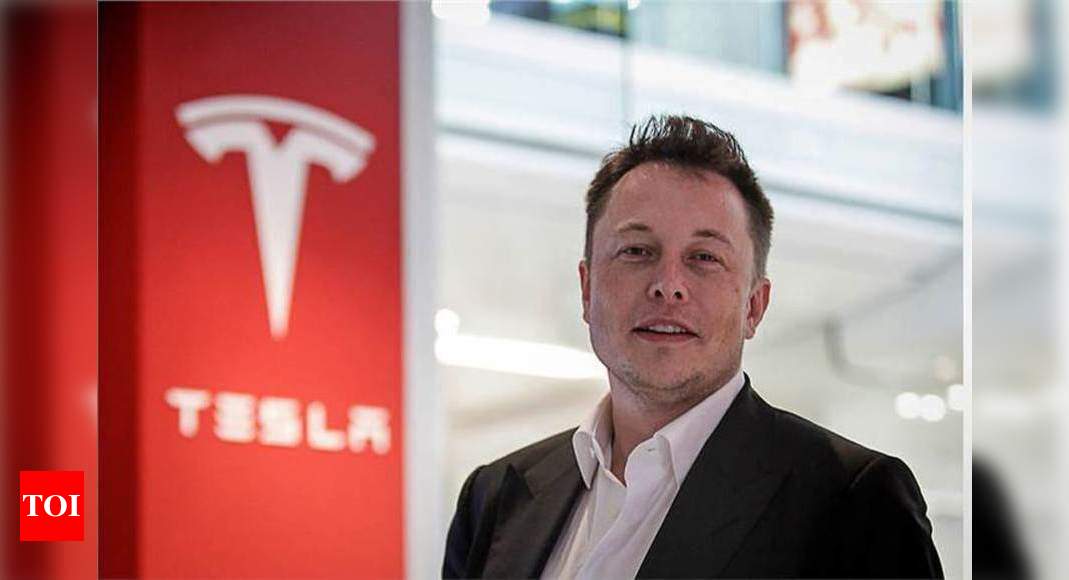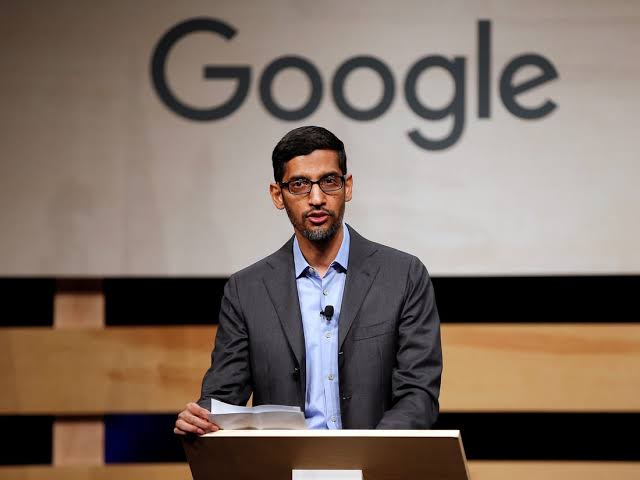Huawei Showcases Green Intelligent OptiX Network in South Africa
Global telecoms equipment and mobile manufacturer, Huawei has demonstrated its Green Intelligent OptiX Network and latest set of scenario-specific networking solutions at its recent Eco-Connect Johannesburg event. These solutions apply the concept “fibre to everywhere” to various industry scenarios and leverage innovative optical technologies to build secure, intelligent, ultra-broadband, efficient, reliable and simple digital network infrastructure for various industries.
The five solutions are this development ushers in are:

FTTO (fibre-to-the-office) solution for campus scenarios: This solution harnesses the technical advantages of IP and optical products to build a green and simplified campus network. It simplifies the network architecture from three layers to two layers and eliminates the need for weak-current equipment rooms. With this solution, copper lines are replaced with optical fibres, which are easier to construct and deploy. The innovative point-to-multipoint architecture saves investment in optical modules by 50%. Terminals are plug-and-play and go online as soon as they are replaced, improving O&M efficiency by 50%.
Read also :Huawei Partners MTN to Build 5G-Powered ‘Smart Mine’
FTTM (fibre-to-the-machine) solution for factory, mine, subway, port and highway scenarios: This solution features deterministic low latency and high reliability, meeting the exacting network requirements of industrial scenarios. For example, in the mining scenario, Industry OptiX replaces active devices with passive devices to reduce the risk of downhole electric sparks. In addition, there is no need for downhole fibre splicing thanks to the pre-connected plug-and-play cables, ensuring construction safety. The deterministic ultra-low latency, meanwhile, ensures zero frame freezing during remote control and video data backhaul, improving service efficiency. And in road intersection scenarios, Industry OptiX has an innovative distributed architecture in which one optical cable and one electrical cable are used to replace hundreds of cables in a traditional solution, improving the construction efficiency by 80%.
Single OptiX solution for wide-area network scenarios: To ensure end-to-end physical isolation and high security of services, this solution uses native hard pipes (NHPs) to integrate transmission and access networks. There is huge potential for the application of NHP technology in electric power, transportation and government scenarios. By extending hard pipes to access networks, for example, power distribution automation and intelligent inspection can be carried over one network to enhance both security and efficiency.
DC OptiX solution for data centre scenarios: Storage-optical connection coordination (SOCC) uses optical networks to detect link faults and switches optical fibre paths within five milliseconds. On top of that, it can monitor the jitter of optical networks in real time and proactively notify storage devices of the jitter. In this way, an I/O switchover can be completed within one second, ensuring zero data loss and greatly improving network reliability. Moreover, Huawei has upgraded the single-fibre capacity of a Data Centre Interconnect (DCI) system from 88Tbit/s to 96Tbit/s, and in doing so reduced fibre leasing costs while improving operational efficiency for customers.
Read also : Nigerian B2B Marketplace Betastore Raises $2.5M To Help Informal Businesses With Stock-Outs, Funding
Sensing OptiX solution for oil and gas scenarios: Based on Huawei’s 30 years of experience in optical technology innovation and application, this solution harnesses intelligent sensing algorithms to help enterprises build a new mode of unattended inspection on oil and gas pipelines. With this solution, the identification rate of pipeline threat events can reach 97%.
At the summit, Dietlof Mare, CEO of Vumatel, South Africa’s largest optical fibre network operator, shared the achievements of joint broadband innovation with Huawei in recent years. “Vumatel has been committed to building connected lives, communities and societies. We have provided optical fibre access for more than 1.5 million homes, launched the first prepaid home network service in South Africa and connected more than 550 schools to free, uncapped 1Gbit/s fibre lines. During this process, Vumatel chose Huawei as the key technology partner to jointly provide customers with a great network experience.”
Read also : African Fintech Zazuu Raises $2M For Its Cross-border Payment Marketplace
Huawei’s Green Intelligent OptiX Network solutions have served customers in a variety of industries including education, government, transportation, finance and energy in 170 countries and regions. In the future, Huawei will continue working with customers and partners to build ubiquitous optical connectivity and accelerate digital transformation in various industries.
Kelechi Deca

Kelechi Deca has over two decades of media experience, he has traveled to over 77 countries reporting on multilateral development institutions, international business, trade, travels, culture, and diplomacy. He is also a petrol head with in-depth knowledge of automobiles and the auto industry















